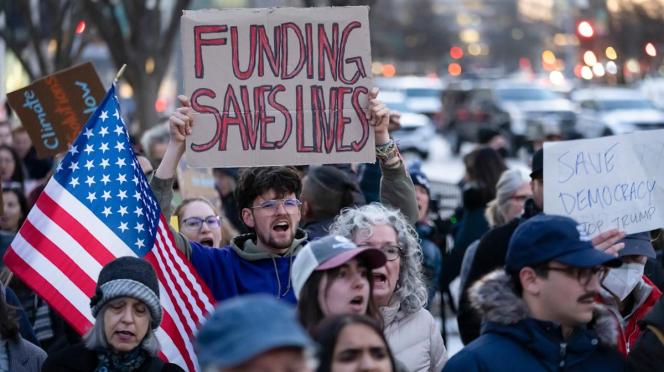Millennials Are Most Confident About Hitting Financial Goals — What They’re Doing Differently
Jonathan Erasmus / Getty Images/iStockphoto
It turns out the generation stereotyped for dining on expensive avocado toast and oat milk lattes are actually the most confident about hitting their financial goals. According to a study conducted by Empower, 60% of Americans feel fairly confident about hitting their financial milestones, with millennials leading the pack at 63%.
For You: The Best Types of Retirement Accounts for Millennials To Open This Year
Find Out: How Middle-Class Earners Are Quietly Becoming Millionaires — and How You Can, Too
Given millennials graduated into a job market characterized by underemployment, layoffs and stagnant wages, their optimism may seem unusual. Interestingly, though, the data supports that it is indeed grounded in reality. So what are millennials doing differently to make them so confident?
“Data shows millennials are shaped heavily by the financial crisis and have incredibly high savings rates compared to past generations,” said Robert Persichitte, affiliate professor at Metropolitan State University of Denver.
In other words, the setbacks millennials faced early in their adult lives resulted in a hard course correction later on. They understand nothing is guaranteed.
In fact, according to Plinqit’s 2024 State of Savings Report, millennials are more likely than older generations to say they are saving for an emergency fund, with 41% stashing away rainy day funds as compared to 33% of Gen X and 35% of baby boomers. This seems to indicate that the reputation millennials have for being indulgent and reckless with their finances is largely inaccurate. So don’t be fooled by the glossy Instagram.
Check Out: 3 Signs You’ve ‘Made It’ Financially, According to Financial Influencer Genesis Hinckley
Whether due to the rising cost of living or evolving attitudes toward parenthood, millennials seem to be having fewer children than previous generations.
“In 2019, only 3.75 million American babies were born, way down from the 4.3 million in 2007,” wrote Timothy P. Carney in his 2024 book, “Family Unfriendly: How Our Culture Made Raising Kids Much Harder Than It Needs to Be.”
This is significant when one considers that millennials are the second-largest generation in American history, and there are more potential parents than ever before — who aren’t reproducing. Additionally, Carney explained, once the COVID-19 pandemic hit, birth numbers fell even further, “with 2020 clocking the largest one-year drop on record.”
All of this seems to be having a positive impact on millennials’ wallets, however. Business Insider estimated the cost of raising a child in the U.S. in 2024 to be around $25,714 annually. And, according to the most recent data from the Federal Reserve’s Survey of Consumer Finances, the median net worth of childless couples in 2022 was over $150,000 more than that of couples with children.
Story Continues
The financial vortex, a term coined by Goldman Sachs, refers to a combination of competing factors — college debt, car payments, medical bills, etc. — affecting one’s ability to save for retirement. Yet, not all generations are impacted equally by these factors.
According to Goldman Sachs’ 2023 Asset Management Report, millennials are most impacted by this vortex, and, as a result, millennials — and those who employ them — have become the most proactive in counteracting the difficulties of this vortex with detailed retirement plans.
Millennials reported that the top retirement-related services they desire from employers include emergency savings (44%), professional financial planning (35%) and retirement strategy education (31%). And it appears employers are not only listening, but establishing automated systems via automatic enrollments, automatic escalations and default professional asset allocation strategies that make millennials’ goals easier to meet.
According to a 2024 Goldman Sachs press release, a whopping 67% of millennials currently have a personalized plan for retirement.
While millennials can take credit for some savvy money moves, a study by The Center for Retirement Research at Boston College argued that much of what increased millennials’ optimism in reaching financial goals had to do with the circumstances surrounding the pandemic, specifically housing wealth. In other words, millennials who owned homes saw their net worth increase, because their housing prices skyrocketed.
Additionally, stimulus payments and student loan pauses allowed millennials to increase their savings.
More From GOBankingRates
This article originally appeared on GOBankingRates.com: Millennials Are Most Confident About Hitting Financial Goals — What They’re Doing Differently











